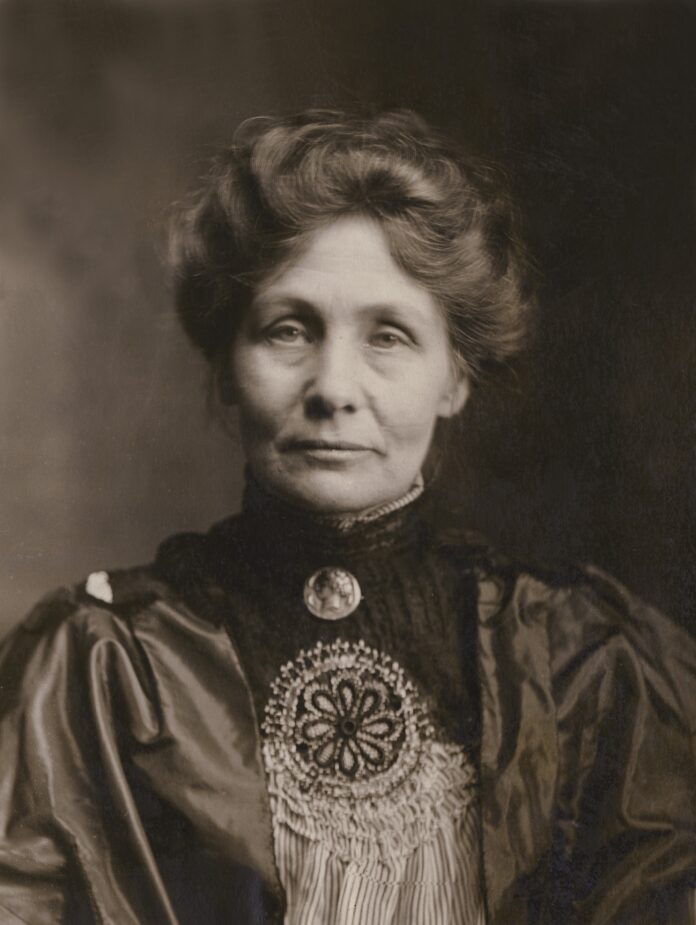Emmeline Pankhurst, a formidable force in the history of women’s rights, emerged as a prominent leader of the suffragette movement in early 20th-century Britain. Fueled by an unyielding determination to secure women’s right to vote, Pankhurst’s tireless activism and indomitable spirit led to significant strides in the fight for gender equality. In this article, we delve into the life, legacy, and impact of Emmeline Pankhurst, a woman who defied societal norms and forever changed the course of history for women’s rights.
Emmeline Pankhurst was born on July 15, 1858, in Manchester, England. From a young age, she witnessed the inequality faced by women, with limited access to education and restricted opportunities. Her political consciousness was awakened when she attended the first women’s suffrage meeting in 1878, which sparked her passion for advocating women’s rights.
In 1903, Emmeline Pankhurst founded the Women’s Social and Political Union (WSPU), an organization dedicated to achieving women’s suffrage through direct action and civil disobedience. Pankhurst’s bold tactics, such as protests, hunger strikes, and demonstrations, brought unprecedented attention to the suffragette cause and challenged the status quo.
Pankhurst’s commitment to the suffragette movement and her unwavering belief in “deeds, not words” defined her leadership style. Under her guidance, the WSPU’s militant campaign aimed to disrupt the existing power structure and force the government to address women’s suffrage. The suffragettes faced numerous arrests, imprisonment, and brutal force from the authorities, but their resilience only fueled the movement further.
As World War I erupted, the suffragette movement put its militant actions on hold, pledging support to the war effort. Pankhurst encouraged women to contribute to the war through various means, highlighting women’s capabilities and their right to participate in public life. The sacrifices made by women during the war added momentum to the cause for suffrage.
Emmeline Pankhurst’s untiring efforts and those of the suffragettes bore fruit when, in 1918, the Representation of the People Act was passed, granting limited voting rights to women over the age of 30 who met certain property qualifications. Ten years later, the Equal Franchise Act finally granted women equal voting rights with men. Pankhurst’s indomitable spirit and dedication had triumphed.
Emmeline Pankhurst’s legacy as a suffragette leader and women’s rights advocate remains an inspiration to this day. Her tireless efforts and unwavering commitment to the cause of suffrage brought about significant changes in the fight for gender equality. Pankhurst’s fearless leadership and radical methods demonstrated the power of collective action and brought worldwide attention to the struggle for women’s rights. As we commemorate her life and achievements, we recognize Emmeline Pankhurst as a trailblazer and an icon of the suffragette movement—a beacon of hope for generations of women seeking justice, equality, and the right to make their voices heard.

